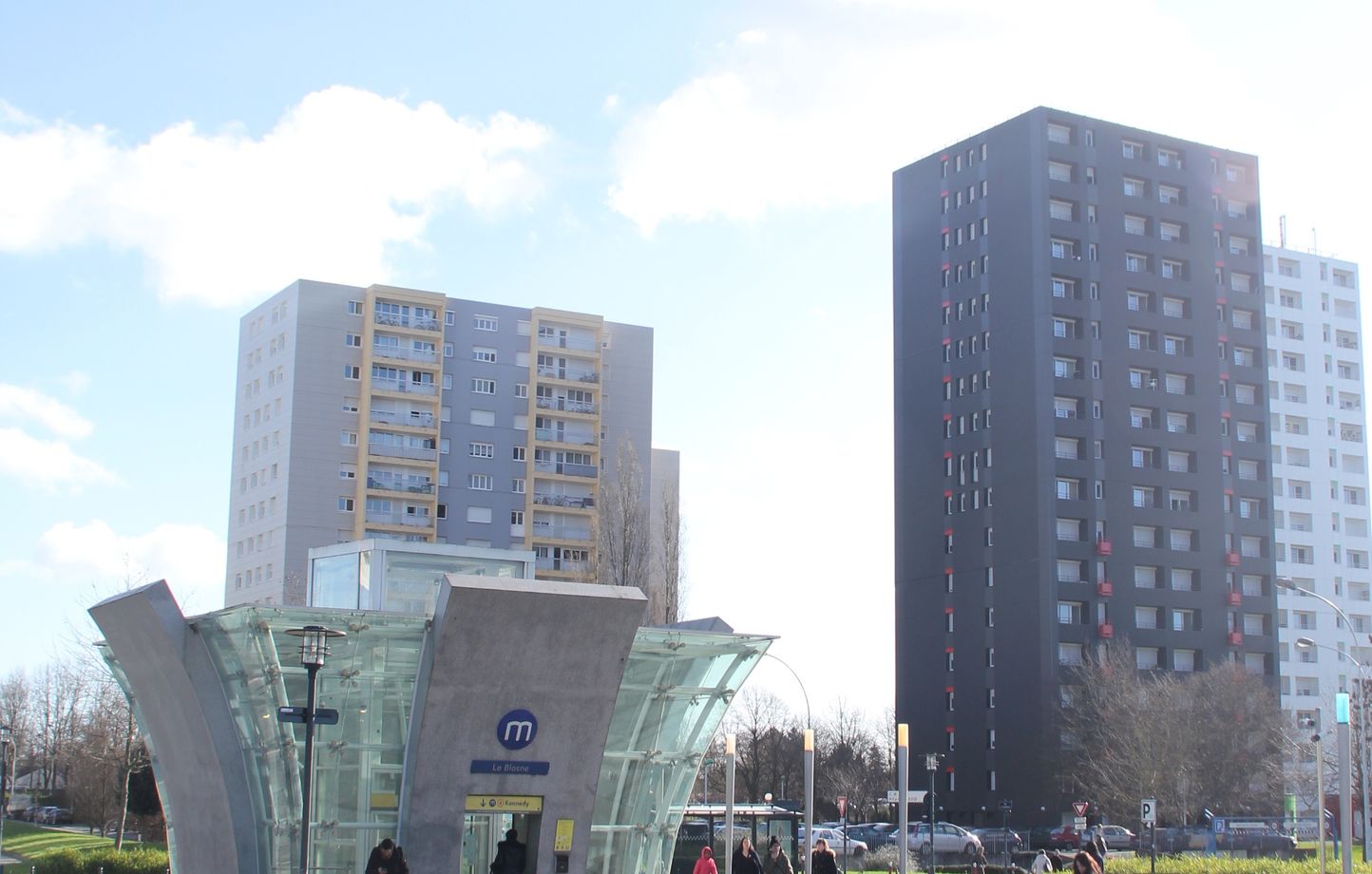The Building Energy Act has been in effect since January 1, 2024. You can now apply for funding from the KfW Bank if you replace your heating system. Who exactly does this apply to and what is the maximum amount of money.
Since this Tuesday, homeowners can apply for funding from KfW Bank for more climate-friendly heating. This is in connection with the Building Energy Act (GEG), which has been in force since January 1, 2024. We explain who this affects and what money you can get.
Who can apply for funding now?
As a first step, owners of single-family homes who live in them have been able to apply for funding from KfW Bank since Tuesday. The basic requirement is that you have a heating system installed whose heat comes from at least 65 percent renewable sources. Anyone who owns an apartment building or is part of an owners’ association still has to wait. It is planned that KfW will release the forms for landlords and apartment owners in May and August respectively.
However, all those eligible to apply can replace their heating system by August and submit the application to KfW by November. On the occasion of the start of the funding, Martin Bentele, managing director of the German Energy Wood and Pellet Association (DEPV), said: “Many consumers have postponed their renovation projects because they were waiting for secure, lucrative funding.”
What funding is available?
The funding, which the traffic light government agreed on in November 2023, consists of three different bonuses. The basic bonus that everyone gets is 30 percent. This year there is a further 25 percent for those who decide quickly; this speed bonus decreases from year to year; A further 30 percent is possible if the taxable income is less than 40,000 euros per year. This means that people who use the building themselves can receive up to 70 percent funding – but only investment costs of 30,000 euros can be taken into account; the actual costs are often higher. A contract with a specialist company is also a prerequisite for funding.
How long does the funding last?
There have been several cases in the recent past in which the funding pots were exhausted after days, if not hours, due to the rush. Does this risk also apply to funding for heating replacement? “We assume that the funds are adequate,” said a spokeswoman for the Federal Ministry for Economic Affairs and Climate Protection. For this year, 16.7 billion euros are budgeted for this. “Appropriate funds are also planned for the following years,” said the spokeswoman. “These are of course subject to the respective budget situation and approval by the Bundestag.”
How high is the crowd so far?
Early on Tuesday morning there were waiting times when registering on the KfW portal. However, this is because the procedure was only possible from 8 a.m., says a KfW spokesman. After that there were no more waiting times. And he emphasizes that applicants who had all of their documents together received confirmations within a few minutes.
What is the demand for heat pumps?
You can see the glass as half full or half empty. The number of heat pumps sold increased by an impressive 50 percent from 2022 to 2023, to 356,000 in Germany. So it’s certainly not the case that heat pumps are lying on the shelves like blocks of lead. Nevertheless, many people remain skeptical: a total of around 1.3 million heaters were installed in 2023 – only 27 percent of them were heat pumps, but 69 percent were gas and oil heaters.
In view of the heating confusion, many citizens continue to rely on what is cheaper to purchase and what seems to be tried and tested, i.e. fossil heating. The Federal Heat Pump Association even fears stagnating or declining sales in 2024.
Can you continue to operate gas heaters?
The requirement that a newly installed heating system must be powered by at least 65 percent renewable energy has only applied to houses in new development areas since January 1, 2024. For new buildings in existing buildings or existing buildings, the obligation only applies later. The 65 percent rule will be activated for larger municipalities from 2026 and for smaller municipalities from 2028, depending on whether the municipality has heat planning or not. In Baden-Württemberg, it has been mandatory since 2015 to generate at least 15 percent green energy after replacing a heating system. This obligation can also be fulfilled through a solar system or through insulation.
2024-02-27 14:58:50
#Subsidies #homeowners #money #heating #replacement

